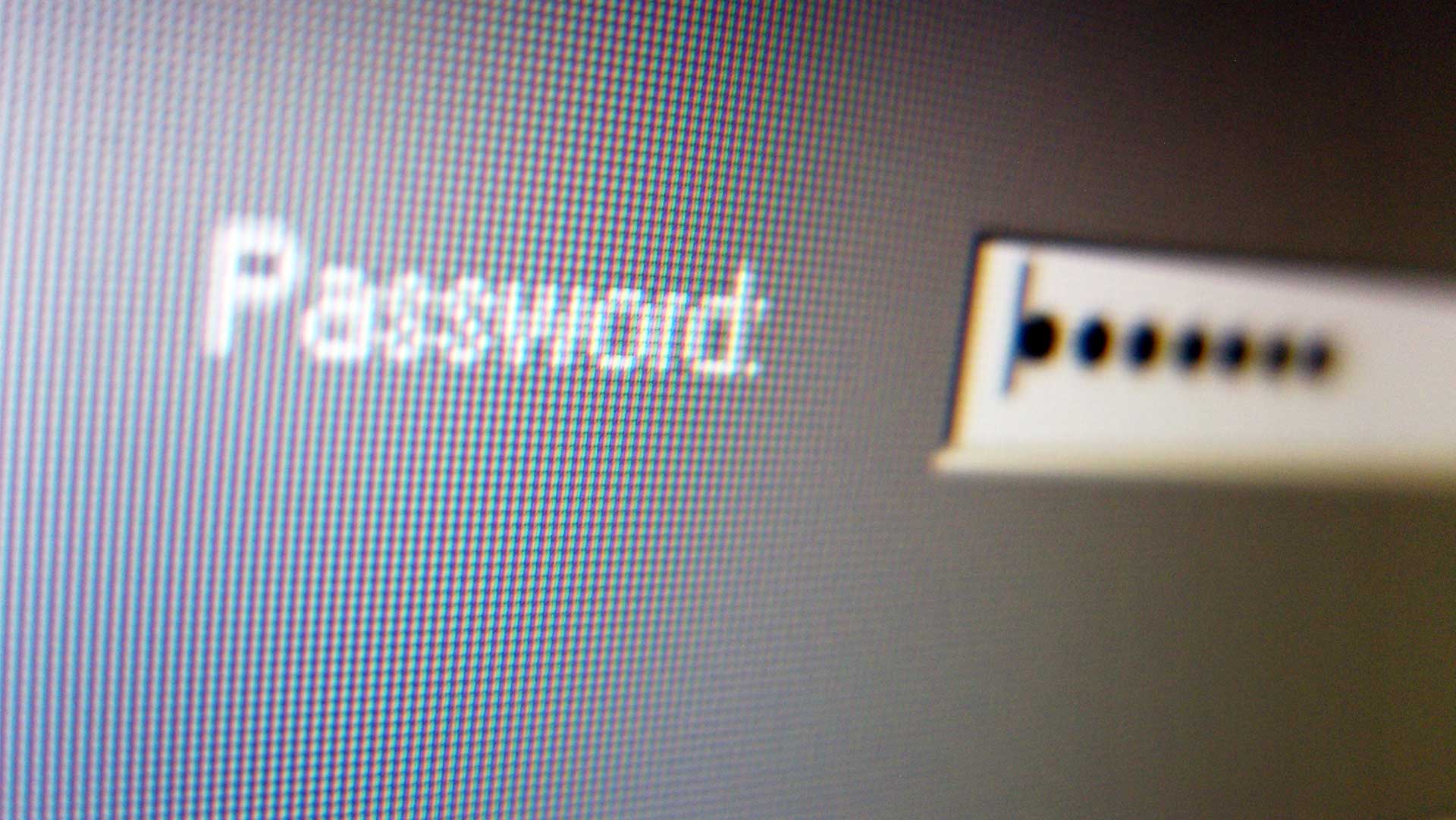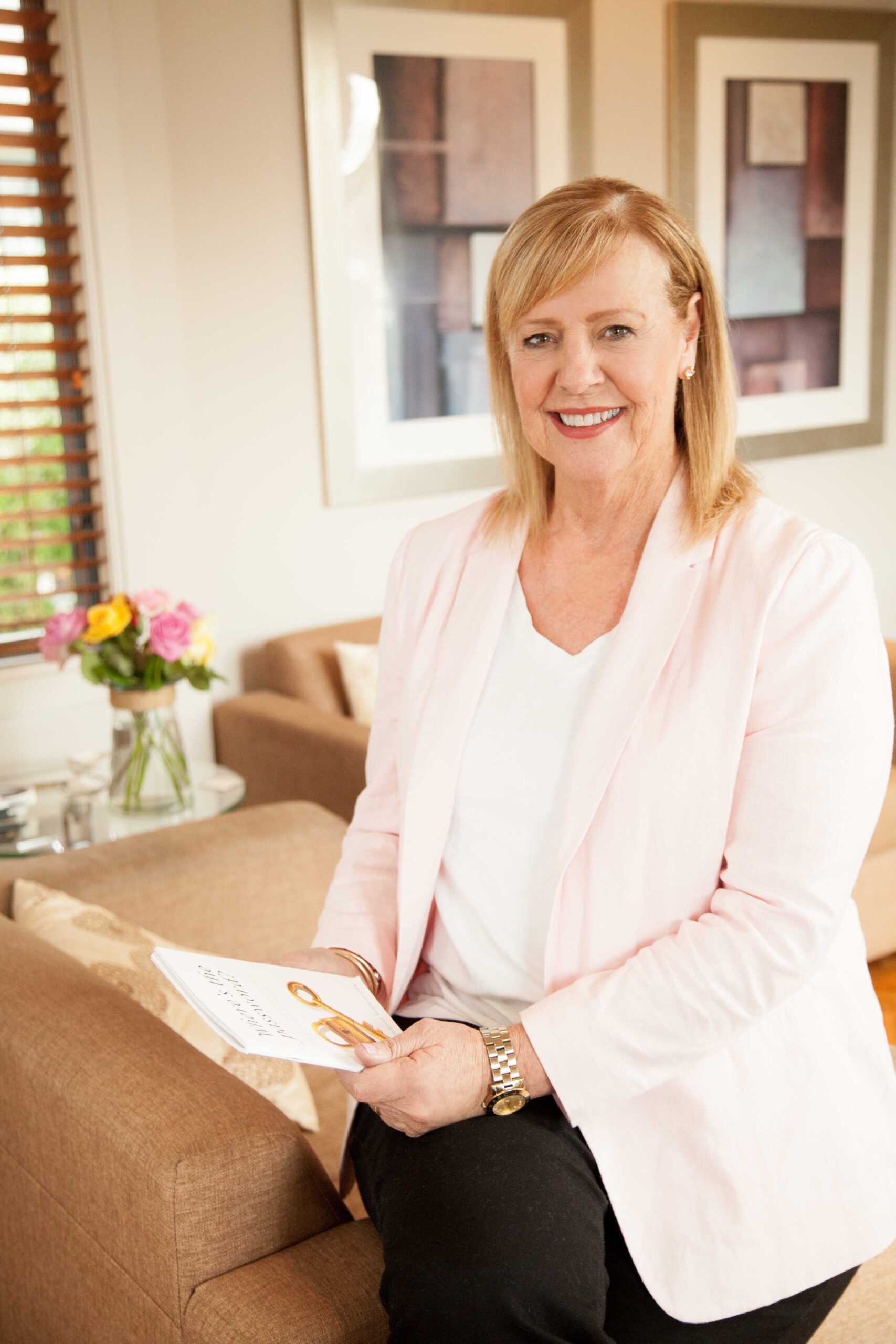Despite cyberspace now holding most of our personal and business information, like some great filing cabinet in the cloud, many of us neglect our digital estate.
But our virtual lives won’t just delete themselves when we die. Medical records, airpoints, family photographs, LinkedIn and Facebook profiles will survive long after we expire, and information you store online could also be vital for settling your estate. The advice is that we need to treat digital assets as we would any other asset
and nominate someone we trust to be our “digital executor”.
Lawyer Greg Kelly says important reasons to protect or make provision for your digital estate are that it may have financial or sentimental value; there could be security or financial threats; and if incorrectly managed, liability may result.

“One of the key decisions is who should manage and have control over your digital estate when you die or if you lose mental capacity. Another important decision you’ll have to make is who will receive or benefit from your digital estate. For example, ‘Can you transfer or gift your airpoints and, if so, who should you give them to?”
Decisions about which digital accounts should be closed, which digital devices – laptops, smartphones, PCs – should be cleared of content and whether printouts of certain digital information should be provided to specified people, also need to be considered, he says.
Deborah Wilkinson-Gray, author of Where’s the Password?, a guide to coping with life’s online administrative tasks after losing a loved one, suggests creating a log to record important information such as logins and passwords, bank account numbers, insurance details, loyalty points, even gym membership details.

Deborah says setting down your digital information isn’t hard, but it is vital you do it.
Other information to note down could include driver’s licence details, passport number, telco provider and the name of your lawyer and healthcare providers.
“Setting down the information is not hard,” says Deborah, “but it is vital that you do it.
One of the things I discovered in writing the booklet is the surprising difference between what you assume your significant others may know about your affairs and what they actually do.
“Once you have completed your personal information log, you can relax knowing that it has been taken care of and people will be able to find the information they need. It is one of the best things you can do for the people in your life.”
Deborah stores all of her information in a protected document on Dropbox, which can be accessed by one of her children. When the document has been transferred or finished with, the “executor” can then re-save it or delete whatever is relevant.


